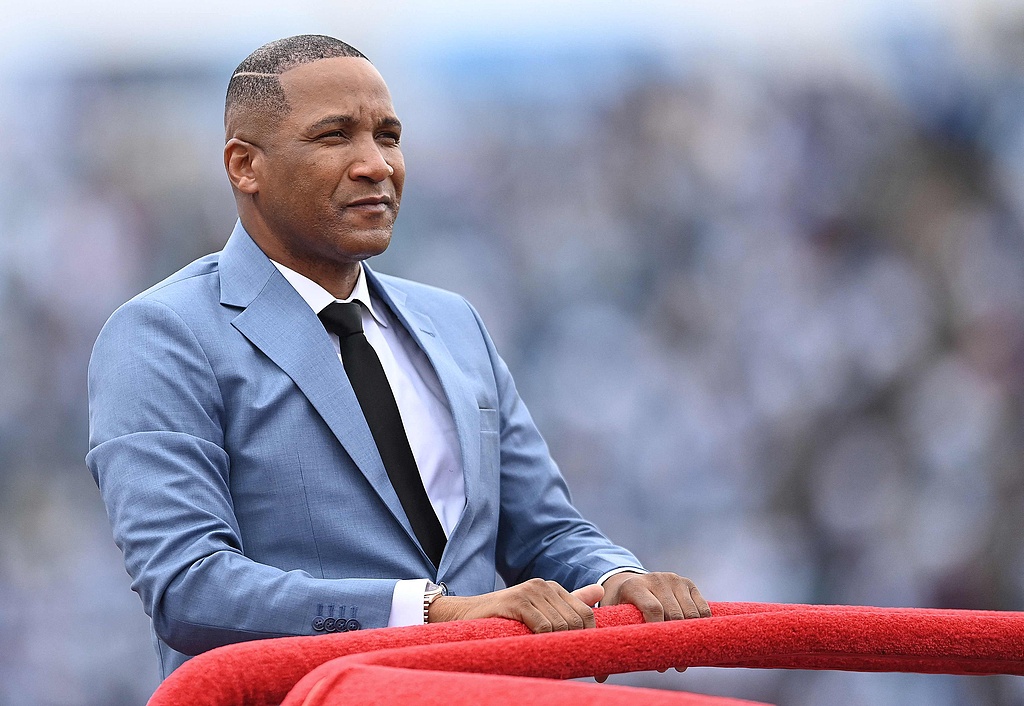President Duma Boko names first six members of new cabinet

President Duma Boko of Botswana has announced the initial appointments to his 18-member Cabinet, marking the first step in forming a government set to tackle what he described as a “troubled” state of affairs.
The announcement, made at the Office of the President’s Cabinet Room on Monday, introduced key figures tasked with spearheading reforms across critical sectors.
Prominent among the appointees is Vice President Ndaba Gaolathe, who will double as the Minister of Finance, signifying a commitment to addressing economic challenges with experienced leadership.
Dr. Stephen Modise has been named Minister of Health, supported by Assistant Minister Lawrence Ookeditse, a move seen as strengthening Botswana’s health system in the wake of ongoing public health demands.
In a significant development, the newly established Ministry of Child Welfare and Basic Education will be led by Nono Kgafela-Mokoka, signaling the administration’s emphasis on child welfare and educational reforms.
Dr. Micus Chombombi will head the Ministry of Lands and Agriculture, alongside Deputy Minister Dr. Edwin Dikoloti, tasked with driving forward agricultural initiatives and land reforms crucial to Botswana’s economy.
Miss World Africa, Lesego Chombo, a law graduate, has been appointed to lead the Ministry of Youth and Gender Affairs, a choice that has drawn considerable public attention due to her advocacy work.
Dr. Phenyo Butale takes the role of Minister of International Relations, reflecting a focus on elevating Botswana’s global diplomatic engagements.
“This is only the first batch.
We will announce more Cabinet ministers as the week progresses,” President Boko stated during the press briefing.
When asked about the size of his Cabinet, the President noted, “I wanted 10 but after advice from professionals both locally and internationally we have settled for 18.”
Addressing the state of the government he has inherited, President Boko emphasized a two-pronged approach: the “is-proposition” and the “ought-proposition.”
He described the “is-proposition” as a candid acknowledgment of Botswana’s current challenges, stating, “We are going to be brutally frank and honest with each other.
We will take Batswana into confidence and where we have challenges, we will say them out.”
The “ought-proposition,” he explained, outlines the path forward: “This is not about blueprints. It is about the formula of getting us out of where we are.
There is no ready solution, and we are going to have to change the routine and attitude we have settled in.
We will have to get out of our comfort zones.”
The announcement marks the start of a new chapter in Botswana’s governance, with the new Cabinet expected to deliver on ambitious reforms aimed at revitalizing the nation’s social and economic structures.
About The Author
dailymailafric
I am an avid African news observer, and an active member of Daily Mail Africa.
I’m Passionate about staying informed on diverse topics across the continent,
I actively contribute to publishing on political, economic and cultural developments in Africa.



